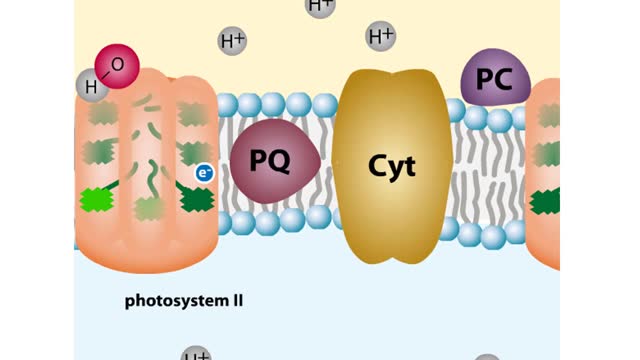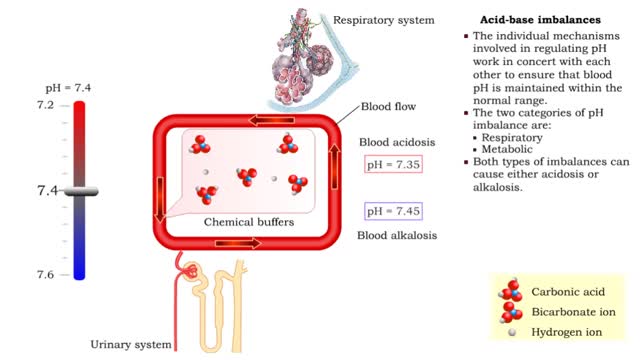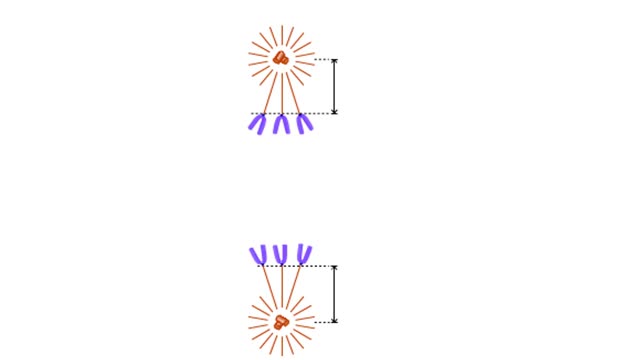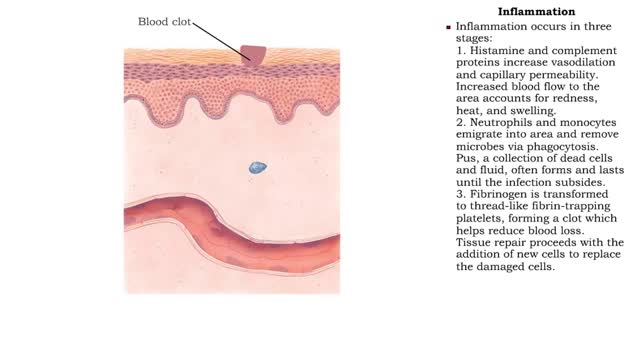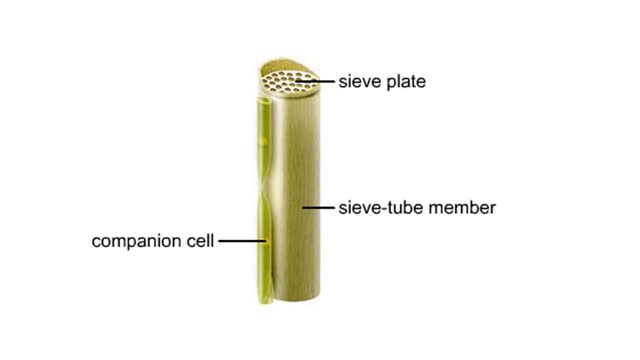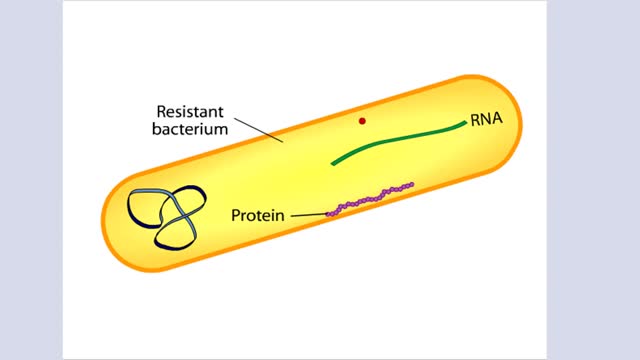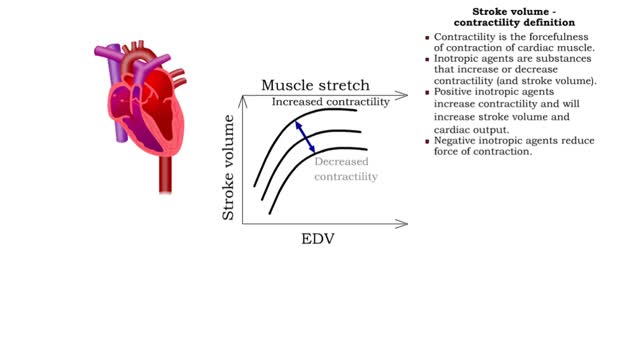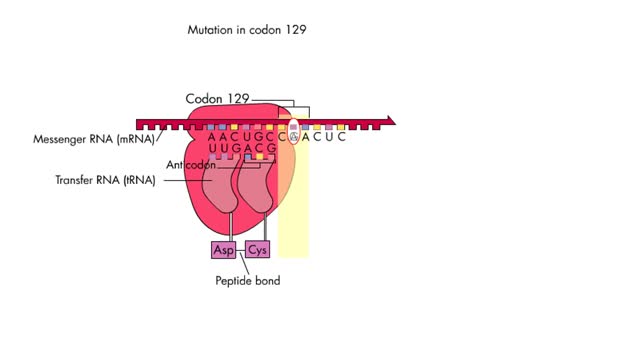Search Results
Results for: 'Plant Defense Mechanisms'
Photosynthesis and Van Helmont Experiment
By: HWC, Views: 9751
All energy on Earth comes from a star, the Sun. Light must travel 160 million kilometers to reach Earth where plants capture this light energy and convert it to chemical energy in the form of sugars. This biochemical process is called PHOTOSYNTHESIS. The summary equation for photosynthesis is ...
What are the Parts of a Plant Cell?
By: HWC, Views: 9480
Every chloroplast in a plant cell is packed with stacks of flattened sacs called thylakoids. The thylakoid membranes contain chlorophyll, as well as most of the other components required for the light reactions of photosynthesis. The chlorophyll-containing structures within the membranes are c...
Acid-base imbalances - respiratory acidosis and alkalosis
By: HWC, Views: 10845
• The individual mechanisms involved in regulating pH work in concert with each other to ensure that blood pH is maintained within the normal range. • The two categories of pH imbalance are: • Respiratory • Metabolic • Both types of imbalances can cause either acidosis or alka...
Chromosome structural organization/ Mechanisms for chromosome movement Animation
By: HWC, Views: 6700
How the chromosome is organized. At metaphase, the chromosomes are duplicated and are at their most condensed. In each chromosome, two identical sister chromatids are held together at a constricted region called the centromere. When a chromosome is condensed, interactions among chromosomal ...
By: HWC, Views: 11044
• Inflammation is an immune response that can occur anywhere in the body, but is observed most frequently on the skin. • It provides early protection by preventing infection from spreading to other parts of the body. • Inflammation also promotes repair of damaged tissues. Inflammat...
Vascular tissues in a corn stem and a buttercup root
By: HWC, Views: 5033
Vascular tissues in a corn stem and a buttercup root. The cells that make up each tissue. Xylem conducts water and dissolved ions. It also helps mechanically support a plant. The cells, called vessel members and tracheids, are dead at maturity. Their lignified walls interconnect and serve as p...
By: HWC, Views: 10200
The Crisis in Antibiotic Resistance More than 70 years ago, Alexander Fleming discovered penicillin. A few decades later, when this antibiotic was used in World War II, Fleming's discovery had revolutionized medicine. No longer did people have to die from something as trivial as an infected cut.Y...
By: HWC, Views: 10492
Preload definition • Preload is the degree of stretch of cardiac muscles cells prior to contraction. • The amount of stretch is related to the end-diastolic volume[EDV]. • Increased return blood flow from the veins increases end-diastolic volume. Cardiac muscle sarcomeres stretch and ...
By: HWC, Views: 7033
A mutation, which may arise during replication and/or recombination, is a permanent change in the nucleotide sequence of DNA. Damaged DNA can be mutated either by substitution, deletion or insertion of base pairs. Mutations, for the most part, are harmless except when they lead to cell death or t...
Advertisement




